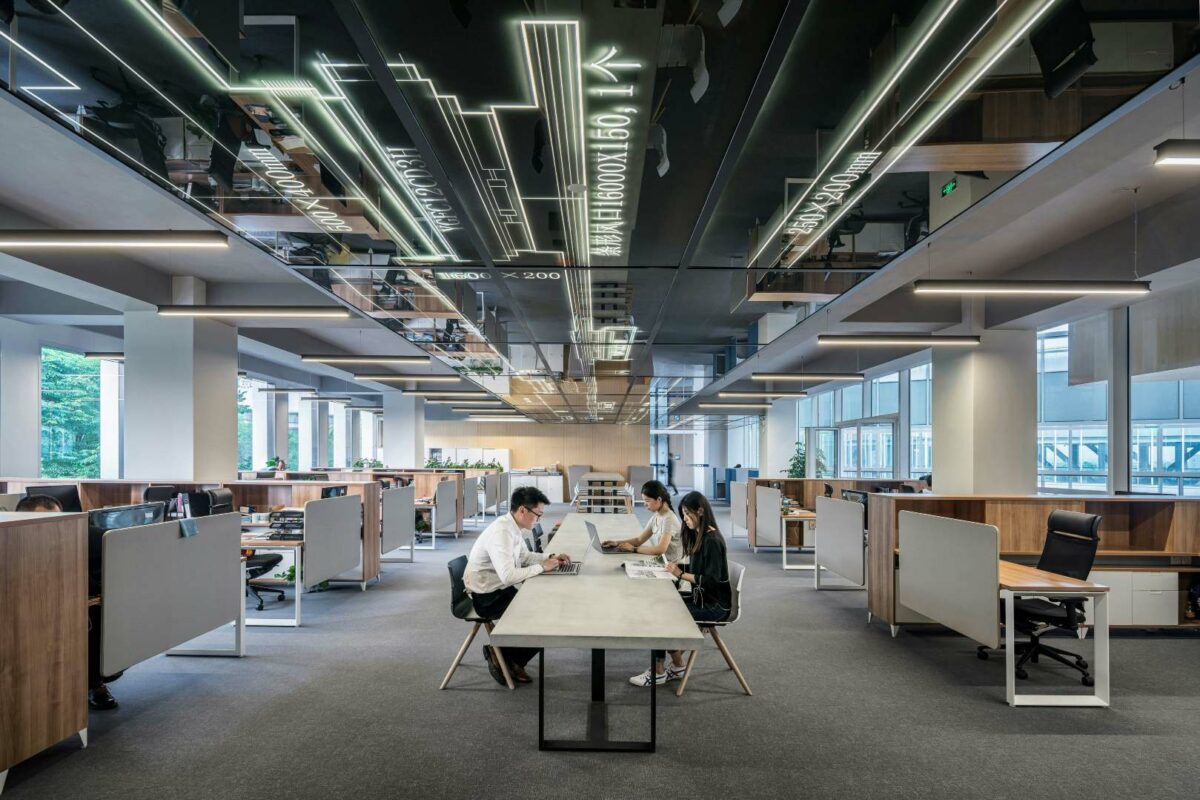The world has been plunged into a situation where physical proximity to others has become dangerous. Work, socialising, shopping, and access to non-critical healthcare is now more difficult, requiring us to make adjustments, source tools to help us or seek financial support. We have been placed at an immediate disadvantage without having done anything to deserve it.
If people skills and face-to-face interaction are your key skill, then your greatest professional asset is suddenly meaningless. If you need to socialise to feel stable and happy, then the new status quo could threaten your mental health.
Too many of us, in the past, have held an unhealthy view of work, assigning value to the job, and using it as a way to establish/confirm identity. People have too much or too little work. There are few winners. And the sacrifices made to climb the career ladder impact family life, community engagement, and our mental and physical wellbeing. For too long the inflation of our occupational abilities led to the discrimination of disabled people, family carers and parenting. Competition and comparison were more common than collaboration and cooperation.
Stepping off the treadmill
The lockdown was like stepping off a treadmill and it’s given many of us the time and headspace to consider our psychological engagement with work; think through what we’ve missed and what we’ve actually enjoyed during the lockdown that we could incorporate into working life going forward. It’s time to look at how we can reinvent our working lives, to avoid a return to the pre-COVID-19 days and instead find ways to work fairer, healthier and perhaps even more productively.
Within every workforce, there are always going to be some colleagues that handle change better than others. For some, the rate of change forced upon us by COVID-19 has been overwhelming. Working with the neurologically diverse means I am familiar with anxiety and stress triggering safety-seeking behaviours. Anxiety is known to be higher for home workers, as the boundaries between home and work get blurred, affecting the amount of ‘down time’.
Reorganising our institutions
Our societal structures and safety nets are being stress tested like never before. We will look back on this as a pivotal moment in how we organise our institutions. Let’s apply what we already know from solid psychological research to support each other to work at our best in more flexible and resilient practices.
Although we’ve finally got a ‘month of Sundays’ it hasn’t been one extended holiday. Many people are finding the loneliness very real and, without the human connections they took for granted at work, some people are losing their engagement and faith in their place within the team. Video conferencing, that we have been relying on for work, social and family contact, is cognitively exhausting. Phone calls without visuals are draining too. So, if we’re going to continue to rely on technology as our portals to the outside world, we need to develop good habits.
What can you do to protect your psychological state and those of your colleagues?
- Be flexible – Many of us have home responsibilities that are impacting our working lives during the lockdown. Whether it’s home schooling or doing the shopping for a vulnerable relative or neighbour, the best hours to work may be different for each of us. Some early birds might prefer to get their work done before their family wakes, others find the afternoon the only time to get any time to focus on their job. Productivity isn’t negatively affected by working different hours.
- Guard the boundaries – One thing to look out for is colleagues who attempt to cope with the new environment by becoming fixated on work as it morphs into their main connection to normality and the outside world. Encourage everyone to keep work and home life as separate as they can, put in place some ground rules for those working unsociable hours to accommodate their home life, such as out of office autoresponders and rules around social media contact. Give people their privacy when they require it – just because you know that your colleague is at home don’t get frustrated if they don’t respond immediately. They may need to take time to de-stress during the day.
- Use technology wisely – Not all colleagues have the same level of ease with virtual comms. If you have any staff with neurological differences this is particularly important. There are going to be points missed and/or lost in translation. Be patient and emphasise the importance of good communication over ‘getting it right, first time’. Tools that were originally devised to aid inclusion of disability, like automatic closed captioning, mind-mapping software and ergonomic workspace design, have proven extremely useful for everyone.
There is no doubt that we are living in the paradigm shift of the century. But there are important lessons to learn and we can take advantage of these extraordinary experiences to re-write the future, from the urban-centric, time-poor, planet-damaging working environment of the past to a better, more compassionate world.
For more advice on how to protect your psychological state when working from home, check out this article from Dr Chatterjee.
Dr Nancy Doyle is a Registered Occupational Psychologist with 20 years’ experience in neurodiversity, professional management coaching and welfare to work. She is the founder and CEO Genius Within, which support people with neurodiverse conditions in fulfilling their potential at work and in their career.

Content Team
Work in Mind is a content platform designed to give a voice to thinkers, businesses, journalists and regulatory bodies in the field of healthy buildings.




